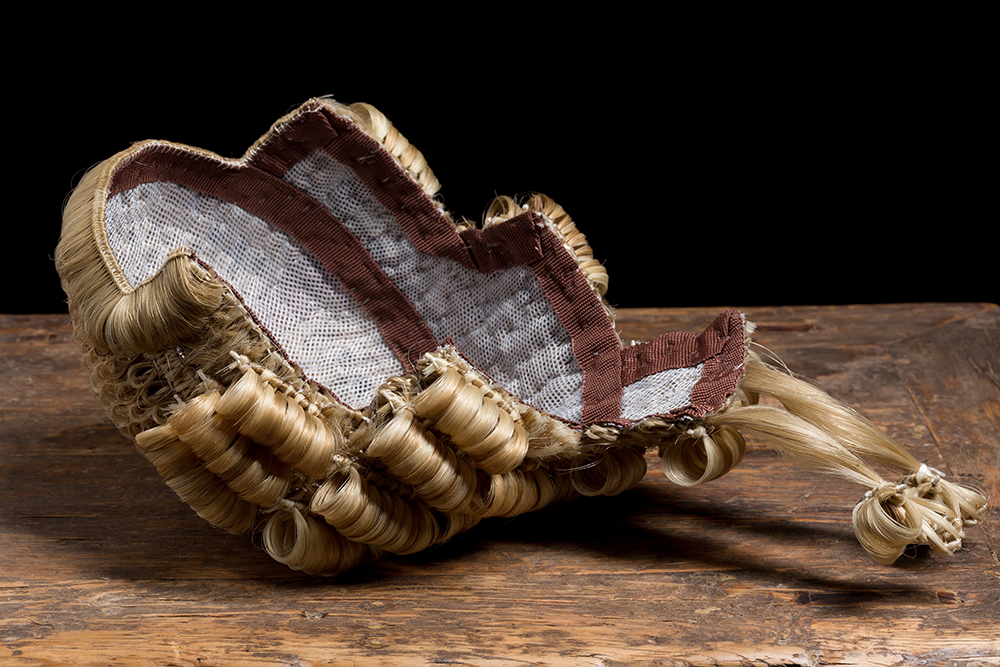Matt Dean speaks with Forbes about a new idea for moving through the impact of polarisation in workplaces.
In normal times our Last Wednesday group meets in a pub somewhere in Central London. On the last Wednesday of most months. There might be six or eight of us. All of us met between 1982 and 85; over 35 years ago.
During lockdown the group has migrated to Zoom. We’ve met four or five times. Attendance has been pretty much 100%. A couple of weeks ago we all shared a picture that meant something special to us during lockdown. We had a fantastic evening; everyone talked about what their picture meant to them for five minutes or so. There was some gentle Q&A.The interaction is lightly facilitated.
The next day we reflected on the success of the evening and someone suggested that the pictures that had generated the best interaction were the ones of relatives with great stories. We decided that our next meeting would involve everyone presenting an ancestor. That happened last night. It was a truly remarkable evening. This afternoon I read two articles back to back. The first was about one of the ancestors: Patch Bennett, a school friend of Alan Turing who sadly died on his version of a gap year back in 1930. Do look up Patch’s story, it’s sad and inspiring.
Then, as part of my reading around our virtual reinvention at byrne.dean I read an article by the academic Karen Sobel-Lojeski and her ground breaking research into how virtual teams work. Apparently the critical factor in determining how teams work is Affinity Distance. This is about how much the human relationships in a group are:
“anchored in a shared understanding of each others' values and a personally felt sense of our interdependencies that switch our brain patterns and physical being into a calmer and closer state that we can truly inhabit, that then creates a sense of deep emotional intimacy with one another – no matter where we were located.”
I read those words and thought, that’s what we were doing last night. We agreed this morning on email that, even after 35 years, we’re all learning more about each other and where we come from. That interdependence already existed: I have always felt an emotional intimacy in this group, but last night I did feel both calmer and closer. I shared that I was finding great comfort in the calls; that they were having a really positive impact on my mental health.
Then I read Karen Sobel-Lojeski’s suggestion that:
“we need tangible and regularly available outlets for discussions "out loud" dedicated to sharing our lived experiential context with others under these circumstances. We recommend doing this via the simplest technologies that heighten a sense of our human vitality and aliveness.”
And I thought, that’s exactly what we were doing last night: sharing our values and our lived experience out loud with stories of our ancestors – stories that we have grown up with or perhaps discovered recently – in time given by the lockdown. We may have been on Zoom, but I wasn’t looking at my friends, I was looking at the images of their chosen ancestor and listening to their voices. We were using a static image (mostly black and white) and the human voice.
Staying safe and learning a great deal about how to build remote teams.
“we need tangible and regularly available outlets for discussions "out loud" dedicated to sharing our lived experiential context with others under these circumstances. We recommend doing this via the simplest technologies that heighten a sense of our human vitality and aliveness.”
Related Articles

Sexual harassment at work: what’s changing in 2026?

Creating psychological and challenger safety: a practical guide






